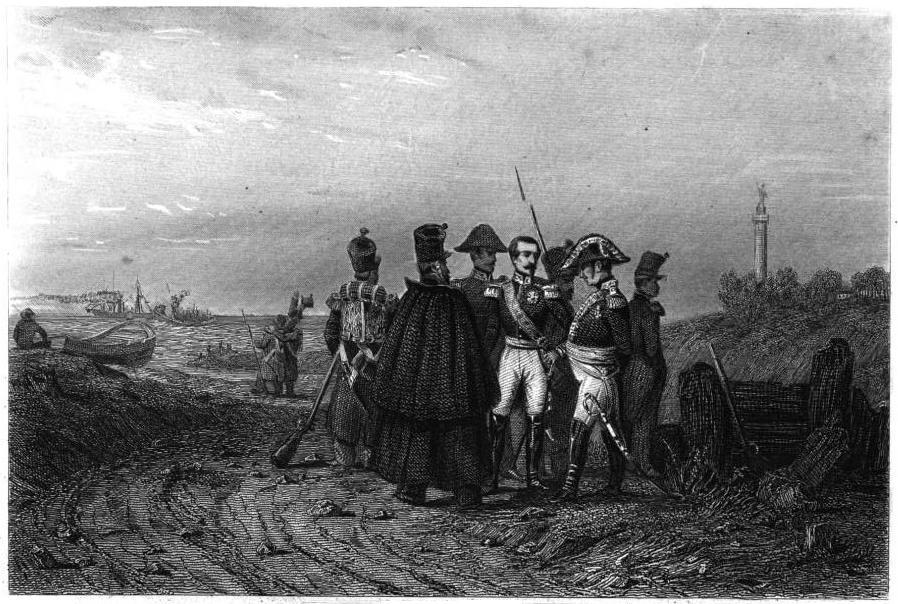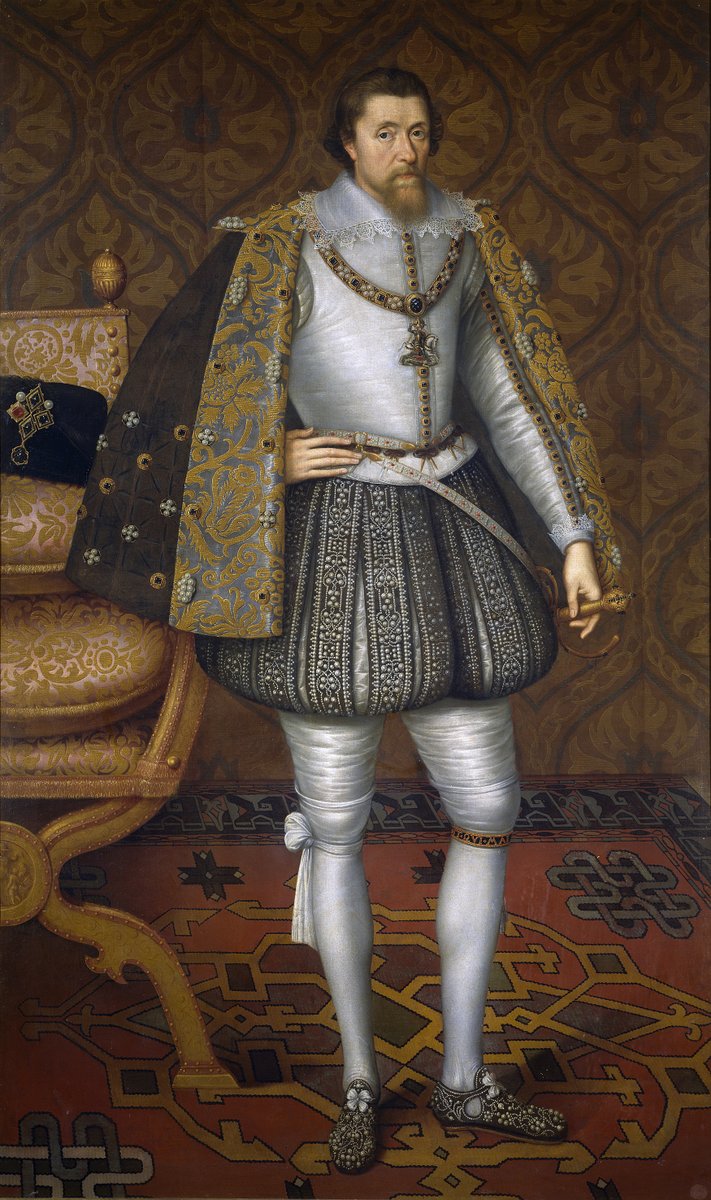
Another republican leader who became a monarch.
Story in the evening ...
(And son of a Dutch King).
Story in the evening ...
(And son of a Dutch King).
https://twitter.com/Arby_K/status/1348819834633555970
Charles-Louis Napoléon Bonaparte was born in 1808 to King Louis I of Holland and his wife, Hortense de Beauharnais. His mother was a step daughter of his uncle, the French Emperor Napoleon. In 1810, France annexed Holland sending King Louis to exile in Austria. 1/10 

Louis Napoléon, however, lived with his mother, eventually ending up in Italy learning about national liberty and French history. In 1831, his elder brother, Napoléon-Louis, was involved in the failed Carbonari movement in Italy and Louis supported him. 2/10 

With his brother's death due to measles the same year followed by the death of his cousin, Napoleon (II), son of Napoleon I, Louis became a potential claimant to the deposed title. After leading a failed coup in Strasbourg, Louis would have to flee for Britain in 1836. 3/10 

France, restored to the Bourbons in 1815, had seen a revolution in 1830, which saw the abdication of the King Charles X and proclamation of Louis Philippe from the cadet branch of Bourbon Orleans as King. Louis was able to steer Bonapartism into a political movement. 4/10 

After another failed coup in 1840, Louis would find himself in prison for 6 years, till he managed to escape. With the resentment against Louis Philippe growing, the revolution of 1848 would bring to end the Bourbon monarchy. A republic had been formed in its place. 5/10 

In the Presidential election that followed Louis would come out the winner with 74% of the votes. Pushing for universal male suffrage, he would seek to amend the Constitution to allow him to run as President again. Though he would get a majority, it wasn't enough to amend. 6/10 

As 1851 ended, Louis would seize power with a coup. Two referendums later, he became Emperor Napoleon III of the French. Napoleon III would maintain a popular regime retaining electoral victories for two decades, but his actions elsewhere would prove to be his undoing. 7/10 

Initially his role in the Crimean War and the Italian War of 1859 were met with success. The latter led to France gaining Savoy and Nice from Sardinia. But the latter was also a crucial stepping stone for the reunification of Italy led by Sardinia, which France did not want. 8/10 

French colonial aspirations in Africa and South East Asia would be met with success. But the creation of French backed Mexican Empire under Austrian prince Maximilian would be met with failure. In 1870, Napoleon saw a possibility of a German prince on the Spanish throne. 9/10 

Played by Bismarck into a war against Prussia, it would soon become a Franco - German war eventually ending with the defeat and capture of Napoleon III, the collapse of his Empire. The war also gave the final push for unification of Germany with Prussia in the lead role. 10/10 

• • •
Missing some Tweet in this thread? You can try to
force a refresh














